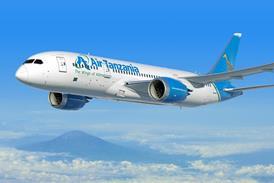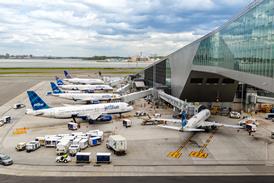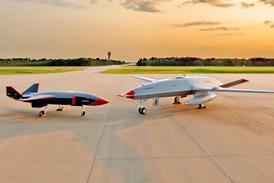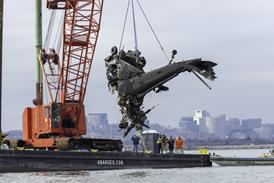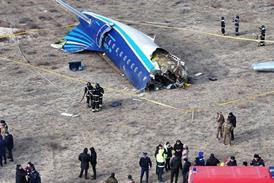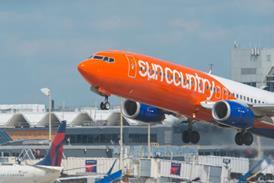A South Korean police probe remains a stumbling block for Jakarta’s commitment to the Korea Aerospace Industries (KAI) KF-21 fighter programme.
Five Indonesian technicians remain forbidden from leaving South Korea pending an investigation into their alleged theft of intellectual property related to the fighter, according to South Korean media reports quoting KAI chief executive Kang Goo-young.
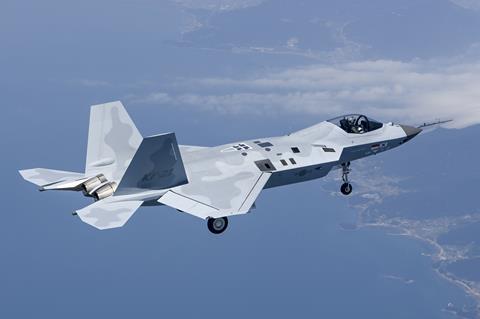
In early 2024 it emerged that a probe was underway after the technicians allegedly downloaded proprietary programme data on the fighter.
“I hope the matter is resolved as soon as possible within the framework of the law,” says Kang, according to the Korea JoongAng Daily.
“Cooperation with Indonesia on the KF-21 is important for expanding into Southeast Asia, including markets like Malaysia.”
He adds that KAI has submitted a petition to South Korean authorities stating that the data on the USB drives did not contain “core technological information”. KAI has also requested leniency for the technicians.
Kang remarks that Jakarta, originally a 20% partner in the effort, has yet to respond to a proposed restructuring of the programme, which would see its financial contribution reduced from W1.6 trillion ($1.16 billion) to W600 billion. Jakarta is apparently very displeased with the investigation into its technicians.
Changing the terms requires an amendment of the original agreement between Indonesian and South Korea.
Kang estimates that Indonesia still owes about W200 billion related to the programme, with half due this year and half in 2026. It is his understanding that the W100 billion has already been allocated by Jakarta, suggesting it may get paid.
“As far as I know, the KRW100 billion for this year has already been allocated in their budget. I believe that this is a sign that they are going to pay whenever the matter is solved, and that they are not going to pull the plug,” he says.
“They’re watching the development of the KF-21 progress steadily, so I don’t think they can easily walk away from the project.”
Original plans had called for South Korea to operate 120 KF-21s, and Indonesia to operate 50 of a variant known as the IFX.
He also expressed concern that Jakarta has shown interest in participating in the Turkish Aerospace Kaan programme, as this could complicate KAI’s efforts to sell the KF-21 in Islamic nations such as Malaysia – Kang made the remarks at Malaysia’s LIMA defence show.
Kang also told reporters that he spoke with Malaysian defence officials about the fighter, telling them that the jet can deliver “150%” of the capability at 70-80% of the cost of rivals such as the Dassault Aviation Rafale and Eurofighter Typhoon.
“When you add up all operational costs over a lifecycle of around 30 years, the KF-21 offers significant cost competitiveness,” he says.

